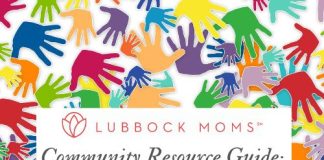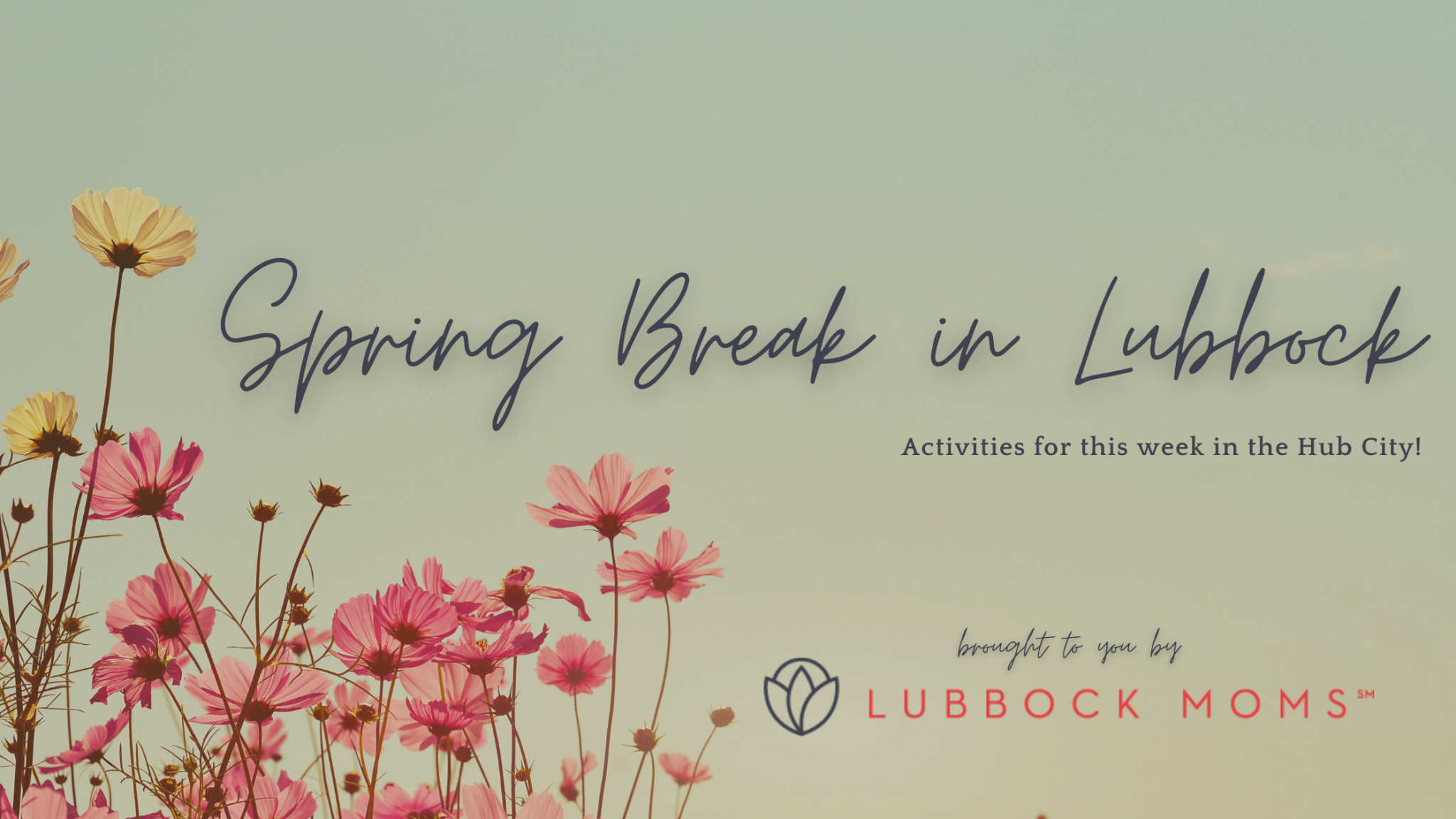
As moms, we feel that it’s our job to raise well-behaved children. We go to the store, or anywhere for that matter, and hope that everyone recognizes the result of our excellent parenting skills.
But what happens when they throw a fit and act out in a way that draws every eye to you and your family, and now, how you will respond to that less than desired behavior of your child?
In a moment, we begin to question our child, ourselves, and our ability to parent, and we respond in a way that shields our insecurities for a second or perhaps shame our kid into perfect behavior again by trying to provoke or control the way they feel about what they did.
The other day I was in Target because I needed to get out of the house for a little bit and to pick up a few things. I had my two-year-old with me, which I always know means countless expressions of, “Mommy! I want that.. and that.. and that… and THAT!” All the things.
We typically are in and out kind of people, but we’ve been stuck at home, so we were enjoying looking around and taking our sweet time. After about an hour, our basket was full of all the goodies we needed and all the goodies we didn’t. I headed to the self-checkout line because that’s always my go-to. I open my wallet to discover that every single one of my debit/credit cards was missing. Might I add I have like eight different ones because we do Dave Ramsey, just electronic style? We have a debit card for every type of account (Grocery, Bills, Spending, Gifts, and the list goes on).
NOT A SINGLE CARD WAS TO BE FOUND.
This is everyone’s worst nightmare and the perfect opportunity for embarrassment and fear to trigger shaming my child. I knew immediately my wallet had been in the house for going on a month since we haven’t gone anywhere, so I assumed that they hadn’t been stolen. I asked my daughter if she had been in my wallet or knew where I could find my cards. She immediately looked at me and said, “I know where they are! I took them out at our house.”
I then proceeded to ask the employee at the self-checkout line if we could manually enter a card number to pay for our things. He told me, no, but we could go handle this at customer service, and we would be on our way. After rescanning our whole basket, we ran into three failed scan attempts of three different cards due to the system not working, and we ended up having to leave all of our things anyway (which included all of the fun stuff we bought for my daughter).
As we were walking away from the counter, my daughter said, “Mommy, we need to take our toys with us.” I explained to her that we couldn’t because we didn’t have the cards to pay because she had removed them from my wallet.
Her response wasn’t a fit. It wasn’t to kick and scream. It wasn’t to cry.
Her response was this, “Mommy, I so sad at me. I so sorry. I sorry I took the cards out. I so sorry, mommy.”
I began to tell her that it was okay, that’s why mommy tells her not to mess with her wallet, and we would be back to get our things. I gave it the proper time to sink in how what she had done connected to this outcome.
Surprisingly, it really wasn’t a big deal to me, but I did recognize it could’ve been had I worried about what others would think about me or if I all of a sudden made it about me, my embarrassment, and my image.
In the grand scheme of things, it’s really not a big deal – unless I made it so.
It was easy to see that it wasn’t my job to shame her out of my own annoyance. It wasn’t my job to verbally scold her for her actions to force her to feel bad. It was actually my job to love her through the consequences she was learning. We can all admit that when we do something that we wish we wouldn’t have, it’s hard and humbling. This is what we were experiencing, and it needed the space to do its job, which I had seen to be much more efficient than me raising my voice just to feel bad about it later.
There was no amount of control, shaming, condemning that can fully convince her that she didn’t make a wise choice as much as consequences can. She was fully aware of how her decision was affecting her, and suddenly, it all made sense and was very real to her. I knew she was getting it. I knew she was learning, actually learning.
Isn’t it true for us as parents as well that when we see how one choice affects another, we actually feel the responsibility of our actions? On the contrary, when we are shamed or critically reminded or forced to feel a certain way for a wrong choice, it spirals us into a place of defeat, and we never learn anything other than feeling like we are terrible, incapable people.
Shame is what connects our actions to our identity, which in the long run, creates insecure children only aware of where they have fallen short, never to be released into the things they are actually called and capable of. Shame turns the statement, “I made a bad choice” into “I am a bad person.”
It doesn’t create confidence in the ability to make a better choice next time because it defines who we are and not merely a decision we made. The goal for us as parents should never be to make our kids feel bad about themselves, it’s to help them to acknowledge the outcome of what they have done.
Think about it, when we have messed up – we are well aware and often TOO AWARE and often times can’t let it go. We don’t need help from others to point out that we have screwed up BIG TIME. What we actually need is someone to remind us that it’s okay to mess up, help learn from taking responsibility for our choices, so we can move forward and confidently make a better choice next time.
We can all admit that we are pretty good at beating ourselves up, no one really needs help with this – including our kids.
How we respond to incidents like this actually teaches our kids how to react as well. If it’s a HUGE DEAL in your life to make a mistake, then be aware that your children are more likely to carry this behavior onto themselves. One is always trying to be perfect, and if not, they aren’t quite good enough. No parent desires this – that’s why I believe it’s essential to know the influence our actions and behaviors have and what we are ACTUALLY communicating.
As a parent, it’s hard to let go of control. It’s hard to give our children choices because of how we believe that reflects on us.
However, control only yields behavior modification, not instilled morals. In controlled environments, children only do things because they are told it’s the right thing to do, not because that’s who they are, and that’s what they value or know will produce the results they want to foster in their lives.
This is why I believe you see parents shelter their children, and then they get out of the house and go crazy. They grew up in a household where their choices were always made for them. When decisions are made for us, we never learn to take responsibility for them. We can’t entirely hold on to the consequences of a choice that was never ours to make. They actually aren’t sure how to make decisions because they have never been given a chance.
Our children need to learn from their consequences. Consequences create a safe place for our children to learn from their mistakes and celebrate their victories. They need to be able to see how what they do affects their life, themselves, and other people. This helps them build their decision-making ability. Choices create confidence in our children.
Freedom is not just the absence of doing wrong things; it’s actually having a choice and being able to choose the right thing – not because we were told to, but because of a conviction that we have learned from being allowed to make the right choice.
Obviously, this is all age-appropriate decisions and choices. I implement this with my 2-year-old by asking her what she wants to wear or what she wants to do. It’s not always open-ended. Sometimes it’s a this or that choice. Whatever age your kids are, options can be given, and consequences can be learned. There is so much to be acknowledged in the power of choice.
I have found consequences to be a much healthier and productive way to discipline, and I would encourage you to think about what this looks like for you and your family.









